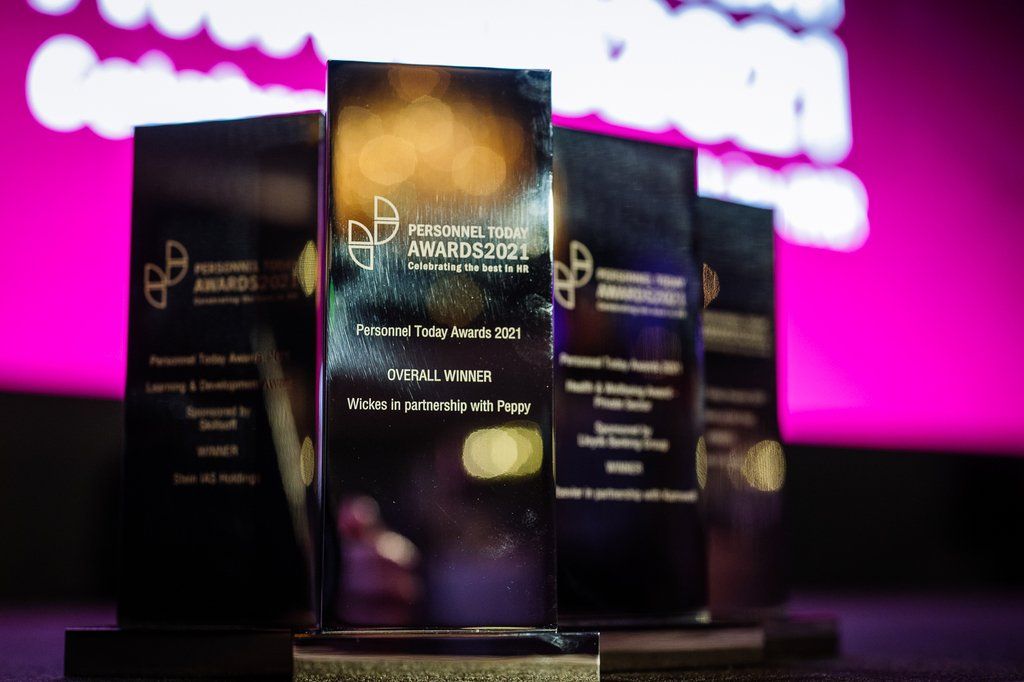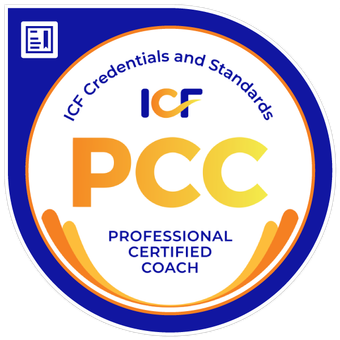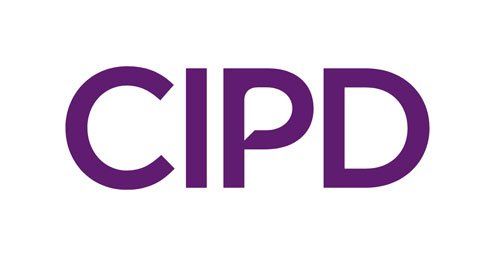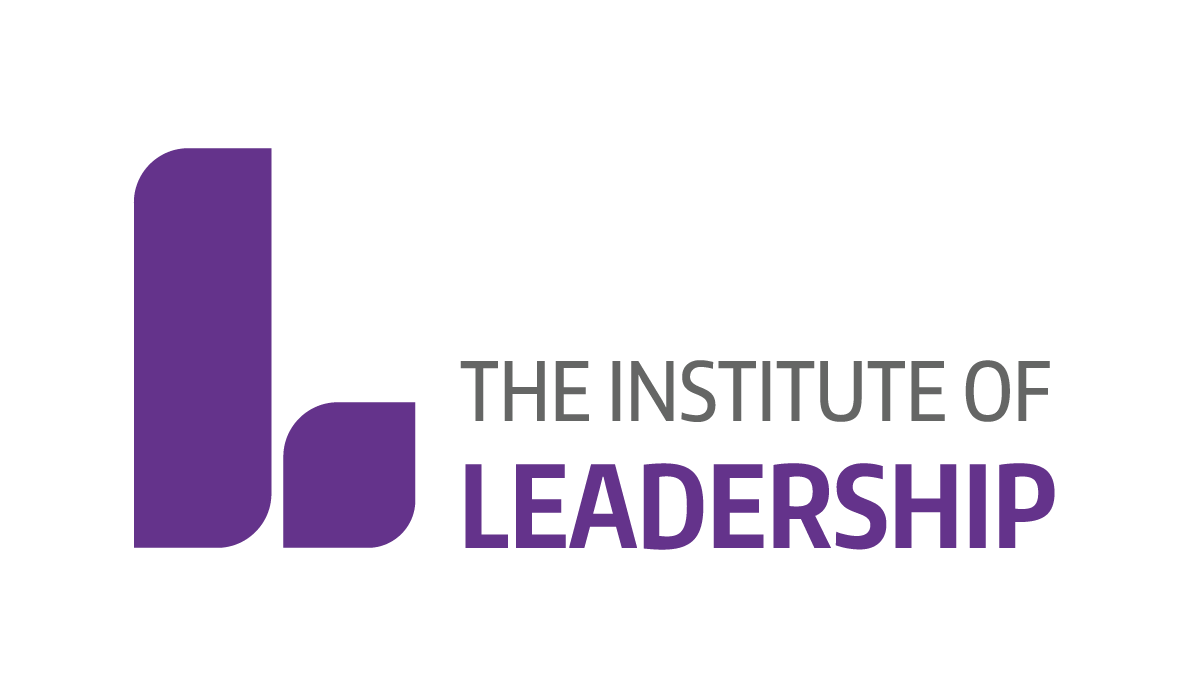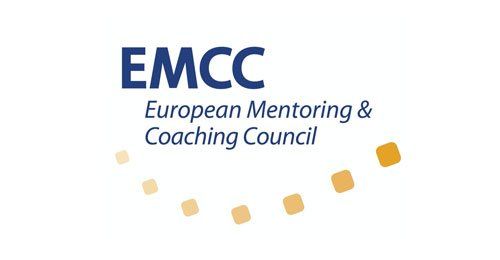Managing with Impact
Managing with Impact
Covering topics such as delegation, performance management, giving feedback, time management, setting targets, managing change, coaching employees and hybrid working, it comprises a series of up to five, full-day modules, which can be broken down into half-day modules and can be delivered in person, online or as a hybrid programme.
We provide real insight, with tools and techniques that can be used immediately in the workplace to increase delegates’ confidence and capability as line managers
Learning Outcomes:
- Develop an awareness of different management and leadership styles and build the ability to use these effectively
- Learn to create a climate of engagement and performance across teams through flexing behaviours
- Understand personal behavioural patterns and preferences and be able to recognise those in others
- Develop effective communication skills and create communication channels that work in face to face, remote and hybrid settings
- Learn skills in managing performance, including goal setting, delegation and providing effective feedback
- Develop the ability to make the most of diverse teams and to develop others
- Increase skills in managing and influencing others in challenging and changing environments
Managing with Impact - Learning Pathway:
As a team we undertook a full leadership programme with Verosa and the bespoke programme was very well pitched and delivered. Beth and her team at Verosa have helped me be a better leader, and have also helped my team work much better together since having undertaken the programme.
Mandy Jandrell, Director of the Institute of Photography and Falmouth School of Art, Falmouth University
Related Articles

